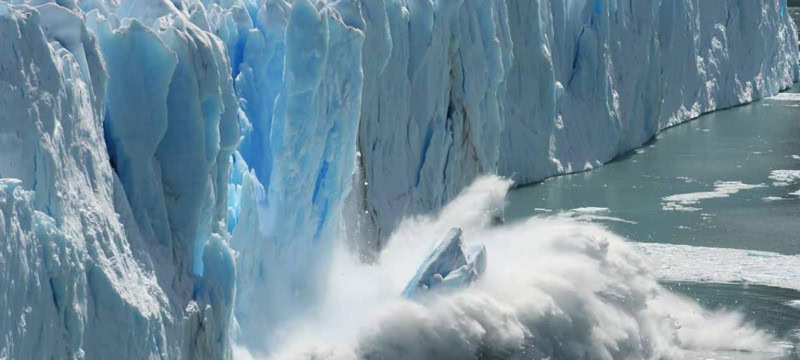Pakistan has found itself among the top ten countries bearing the brunt of climate change over the last two decades. A substantial increase in the annual mean temperature, estimated at around 0.5 degrees Celsius in the past 50 years, poses a menacing projection of further escalation by 3°C to 5°C by the end of this century.
The nation, especially its northern region of Gilgit-Baltistan (GB), stands at the forefront of this crisis with roughly 7,000 glaciers, predominantly clustered in GB. Notably, some of the largest glaciers like Siachen, Baltoro, Biafo, and Shisper are rapidly receding due to escalating temperatures, leading to Glacial Lake Outburst Floods (GLOFs).
The repercussions of climate change resonate throughout GB’s ecosystem, with discernible shifts in agricultural cycles due to erratic rainfall, elevated temperatures, and pest invasions causing dwindling crop yields and forage availability.
These climatic shifts also inflict a severe toll on biodiversity, contracting habitats for various species, precipitating their endangerment, such as the vulnerable status of snow leopards.
Read more:Islamabad, Rawalpindi anticipated Weather Conditions
As world leaders converge in the UAE ahead of the COP28 summit, Dawn engaged experts to dissect critical climate change queries affecting communities daily.
The looming threat of GLOFs looms large over GB, evidenced by a surge in their frequency and probability over the last decade. This risk blankets the entire region, tagged as either high or very high in GLOF hazard assessments. With glaciers shrinking at about one percent annually, over 3,000 glacial lakes have been spawned, exacerbating the peril.
Haider Raza, Director (North) of WWF Pakistan, highlights the rippling consequences of glacier melting on GB and downstream populations. These glaciers serve as a lifeline to the Indus River, initially augmenting water flow but potentially leading to water scarcity in the future. The declining river flows threaten agricultural sustenance and food security downstream.
Amidst this crisis, Haider Raza emphasizes the criticality of understanding glacial lake outburst floods, GB’s vulnerability, and the role of nature-based solutions in confronting climate threats.
Mitigating these impacts necessitates robust and sustainable climate adaptation strategies, underpinned by enhanced climate literacy among GB residents and their active engagement in conservation endeavors. Encouraging sustainable practices and integrating nature-based solutions into developmental projects emerges as imperative for bolstering community resilience and ensuring sustainable water consumption through integrated water resource management.









